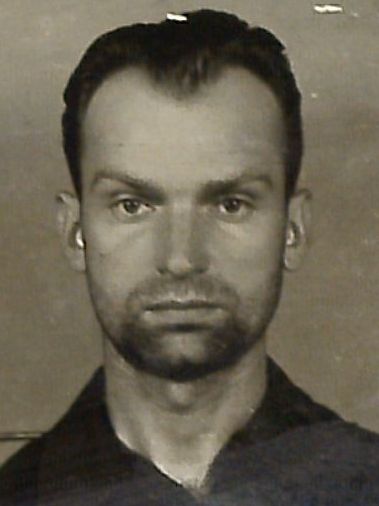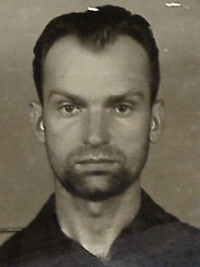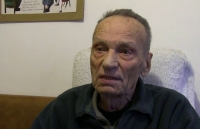Messages to the West were sent through Brno church dignitaries

Download image
Antonín Krýdl was born on December 2, 1926 in Oslavany into a family of a miner. His father died when he was eight years old, and he and his mother and sister lived on his father’s pension. In Oslavany they survived the war unscathed, witnessed the looting of the Soviet soldiers-liberators and the displacement of the local German population. After primary school Krýdl trained as a locksmith and from 1945 to 1949 he graduated from the Secondary Industrial School in Brno. At that time he was already a member of the People’s Party and was active in the People’s Party youth. He and his friends from Oslavany played theatre, organised harvest festivals and dance parties. The worsening of democratic conditions and the rise of the communists to power, coupled with various bans and persecutions, led the young men from Krýdl’s neighbourhood to found a six-member group which, under the influence of the Oslavany priest Jan Smutný, who emigrated soon after February 1948, gathered information of an economic, political and social nature, but also about the forced labour camp set up by the communists in Oslavany. The news was passed on to the West through Brno church dignitaries. Krýdl stopped these activities in 1949, when he received his draft order. A few months after his return to civilian life, he was arrested by the State Security on July 22, 1952, together with other members of the group, although the group was no longer active. Antonín Krýdl was detained in Orlí Street in Brno and in Znojmo, where he was interrogated many times, but he did not experience beatings or torture. On November 12, 1952, the State Court in Brno sentenced him to eight years in prison for espionage and treason. As part of his sentence, he worked in the uranium mines in the Jáchymov region near the camps of Ležnice and then Svatopluk. From 1955 he was in the Military camp in the Příbram region, where he experienced a strike and hunger strike of prisoners and its harsh suppression by the camp command. He spent the rest of his sentence in Prague at Pankrác and in Opava in the technical department of production. In 1954 he was allowed to marry his fiancée. The wedding took place in Ostrov nad Ohří, where he was accompanied by an armed escort, and immediately after the ceremony Krýdl was deported back to the camp. In 1959, again accompanied by guards, his wife divorced him. Three months and thirteen days before the end of his sentence, Antonín Krýdl was released on a ten-year parole under an amnesty granted by the President of the Republic on May 9, 1960. He then worked for several years at the Energotransport company in Brno. In 1964 he moved to Ústí nad Labem, where he remarried and became a locksmith in a heating plant. He retired from the heating plant as head of maintenance. Antonín Krýdl received the award of a participant of the anti-communist resistance.

